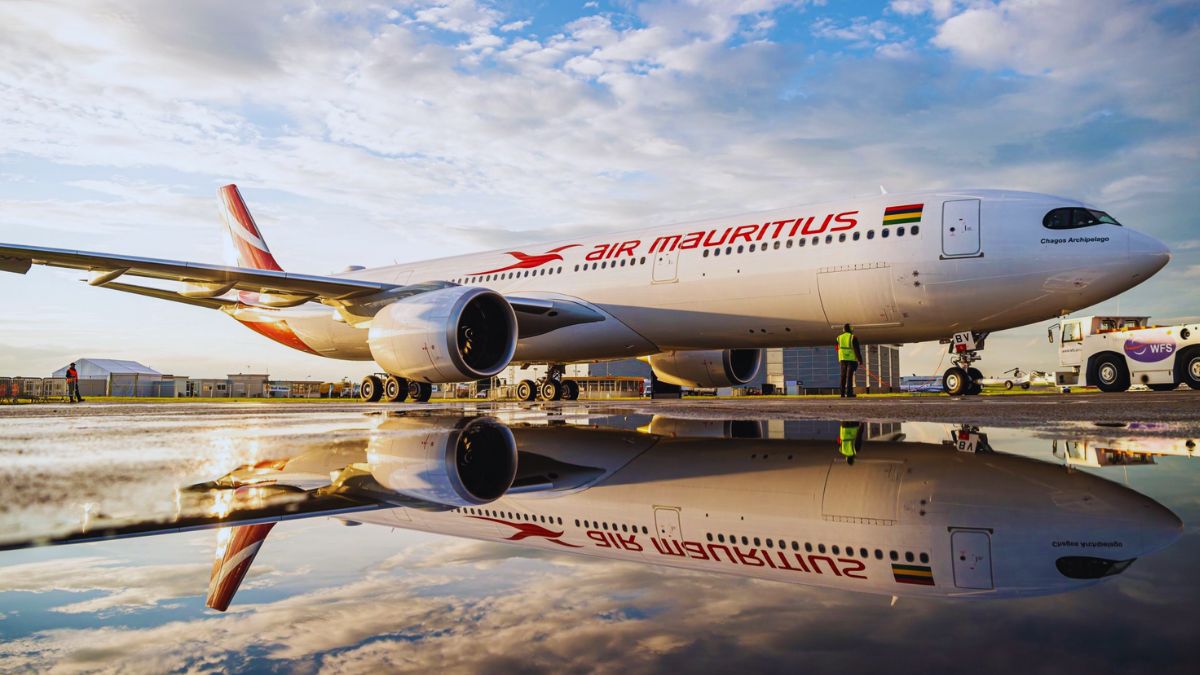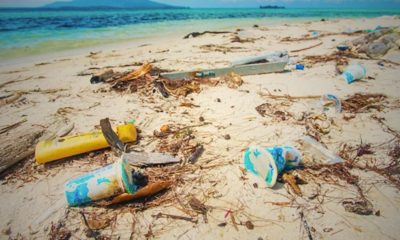News
Air Mauritius: 10 CEOs, 6 Planes Lost, Financial Hell

Air Mauritius is facing a series of crises that have sparked frustration and criticism from various stakeholders.
While there were issues in the past, many concede that the roots of this chaos stem from controversial decisions made by the government, particularly after its arrival in 2014.
Questionable choices were made regarding airplane purchases and appointments of individuals close to the government in key positions long before the devastating impact of the Covid-19 pandemic.
Even before the health crisis, Air Mauritius was already in financial trouble, threatening its long-term viability.
A former executive of the airline has shed light on one of the biggest financial scandals in Air Mauritius history, the “hedging” scandal.
This scandal saw the national airline’s reserve plummet from 80 million euros to only 20 million euros, revealing risky and unfortunate management practices.
According to him, it was from this episode that the airline took a wrong turn. The MK board, far from taking responsibility, let the situation deteriorate.
The company then found itself in a spiral of debt, only able to finance its operations through debt, without being able to generate enough revenue to balance its finances.
This situation of massive debt has left Air Mauritius unable to make profits for years to come, undermining its ability to financially recover and regain the trust of investors and commercial partners.
Although the company is now turning a profit, the consequences of these risky financial choices are still deeply felt.
Ejector seat: The instability at the company’s leadership level is also an important aspect to highlight.
Since the year 2000, Air Mauritius has had no fewer than 10 CEOs, most of whom have been ejected from their positions.
This frequent turnover at the helm of the company raises questions about stability and continuity of the company’s strategy.
It was often perceived that these appointments were not based on individuals’ skills, but rather on criteria such as political proximity and personal relationships.
This practice, employees argue, compromised the effective management of the company, favoring political and personal considerations over the professional expertise and strategic vision needed to lead an airline in such a complex and competitive environment.
This constant turnover of CEOs also highlights a lack of continuity in the implementation of long-term strategies.
In fact, for some time now, through anonymous letters, employees have been denouncing political appointments, unjustified promotions, or privileges granted to certain individuals.
“Protecting buddies, has always been obvious at MK, but for some time now, it has worsened,” they say.
Trouble ahead. The management during the Covid-19 period has only worsened things. The government placed Air Mauritius under administration, entrusting the responsibility to individuals considered inexperienced in aviation.
Hasty decisions were made, such as selling a part of the airplane fleet, jeopardizing the company’s operational capacity.
Air Mauritius, after emerging from voluntary administration, saw its fleet reduced by more than 40%, with six fewer airplanes out of the 13 it originally owned.
As the airline industry has resumed its activities, Air Mauritius has had to lease new airplanes on a dry lease and for some time now also on a wet lease to meet market demand, but these airplanes are also facing issues.
This has led the company to have more than two airplanes immobilized practically every week, putting additional pressure on its engineering team, who must work without adequate ongoing training.
The reduction of the airplane fleet for financial reasons has been seen as a short-term measure that compromises the company’s ability to effectively respond to future demand.
On the other hand, this daily impacts its operations with flight cancellations and rescheduling.
Experienced workers have been sidelined, accentuating the shortcomings in terms of expertise within the company.
Operational safety has become a hot topic, with growing concerns about the hasty recruitment of less qualified personnel.
These problems highlight the urgent need for a strategic reorientation to avoid a potential disaster.
The importance of human resources and the adequacy of the fleet are emphasized, noting that the arbitrary reduction of these key elements has introduced a structural flaw that affects the company today.
Ultimately, the company’s future will depend on its ability to overcome these structural challenges, restore the trust of stakeholders, and implement more transparent and competent management.
Air Mauritius’ survival in an increasingly competitive airline environment therefore will require bold decisions and a long-term strategic vision.
Source: l’Express











